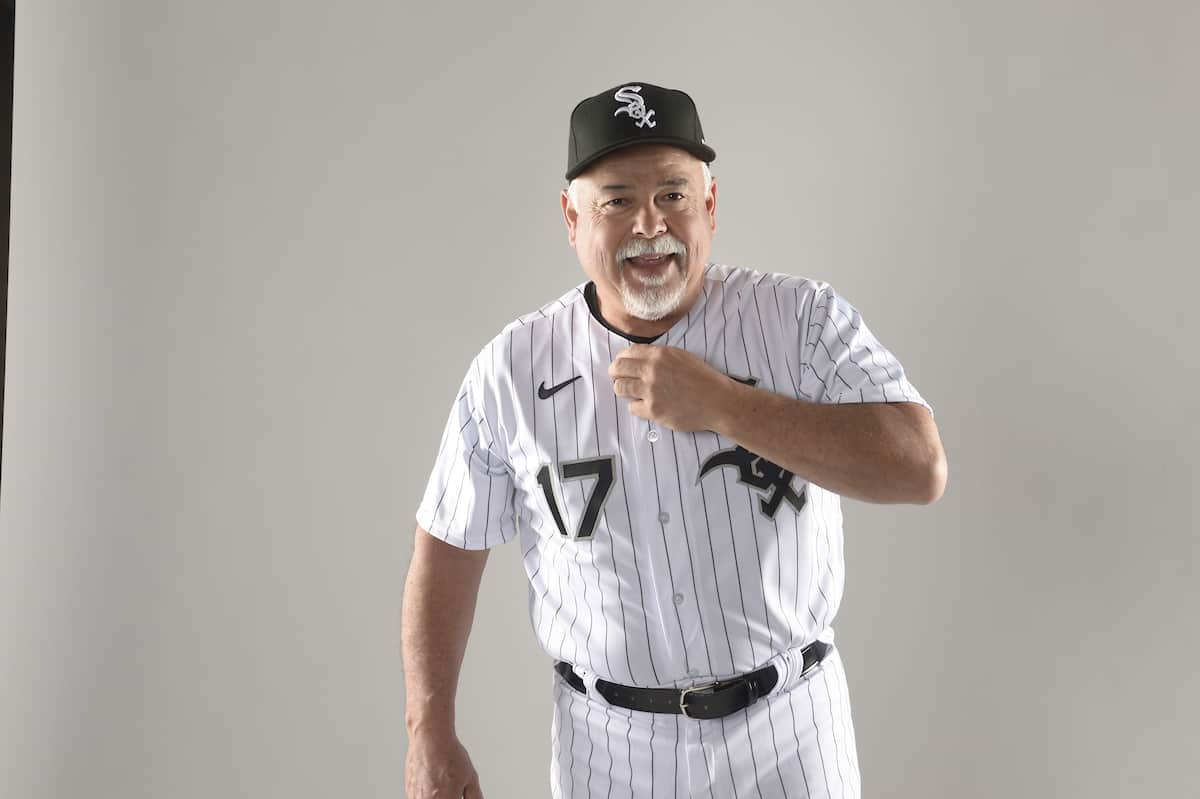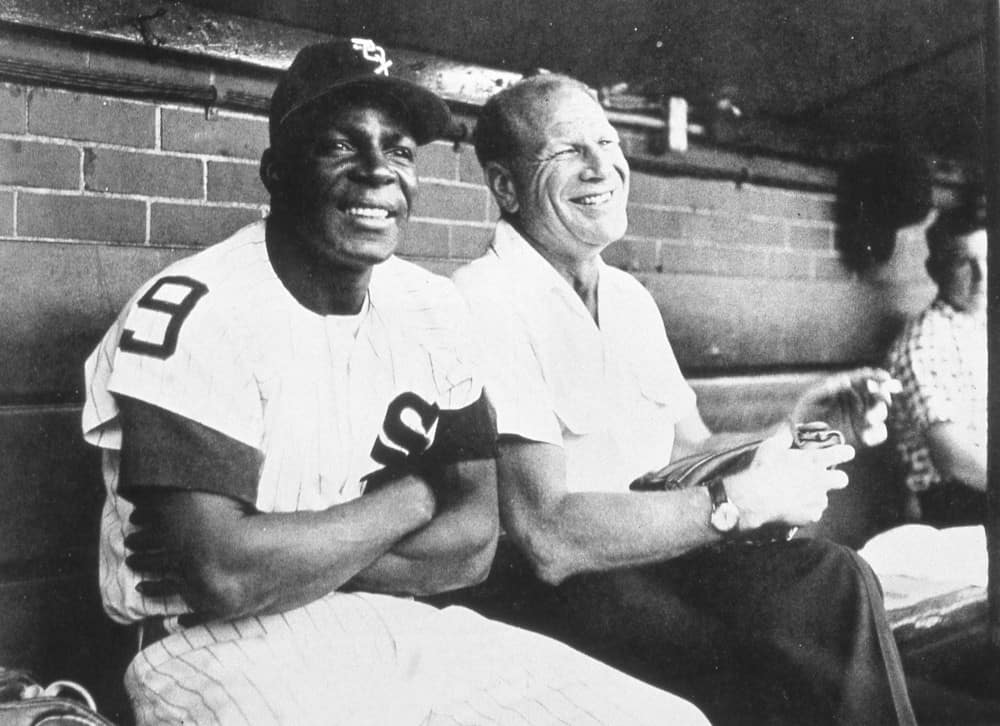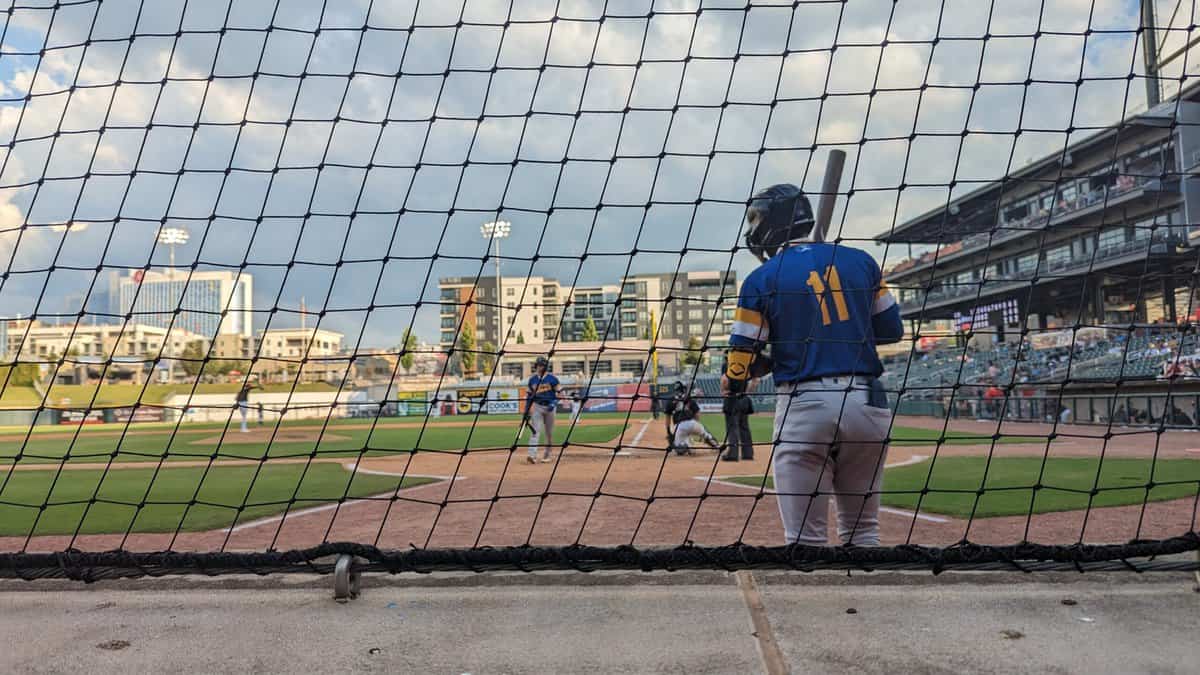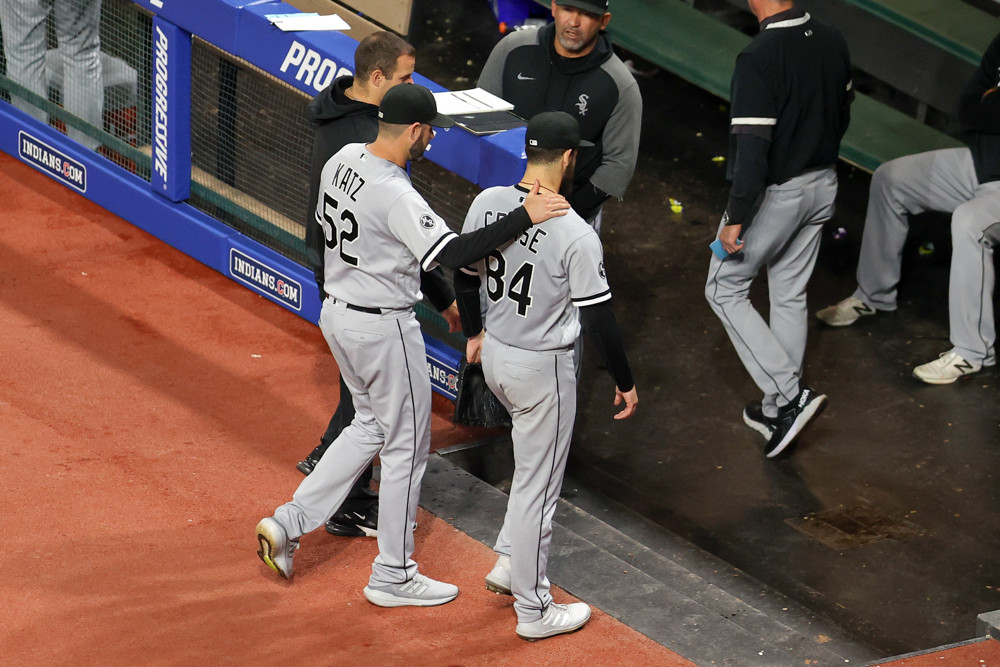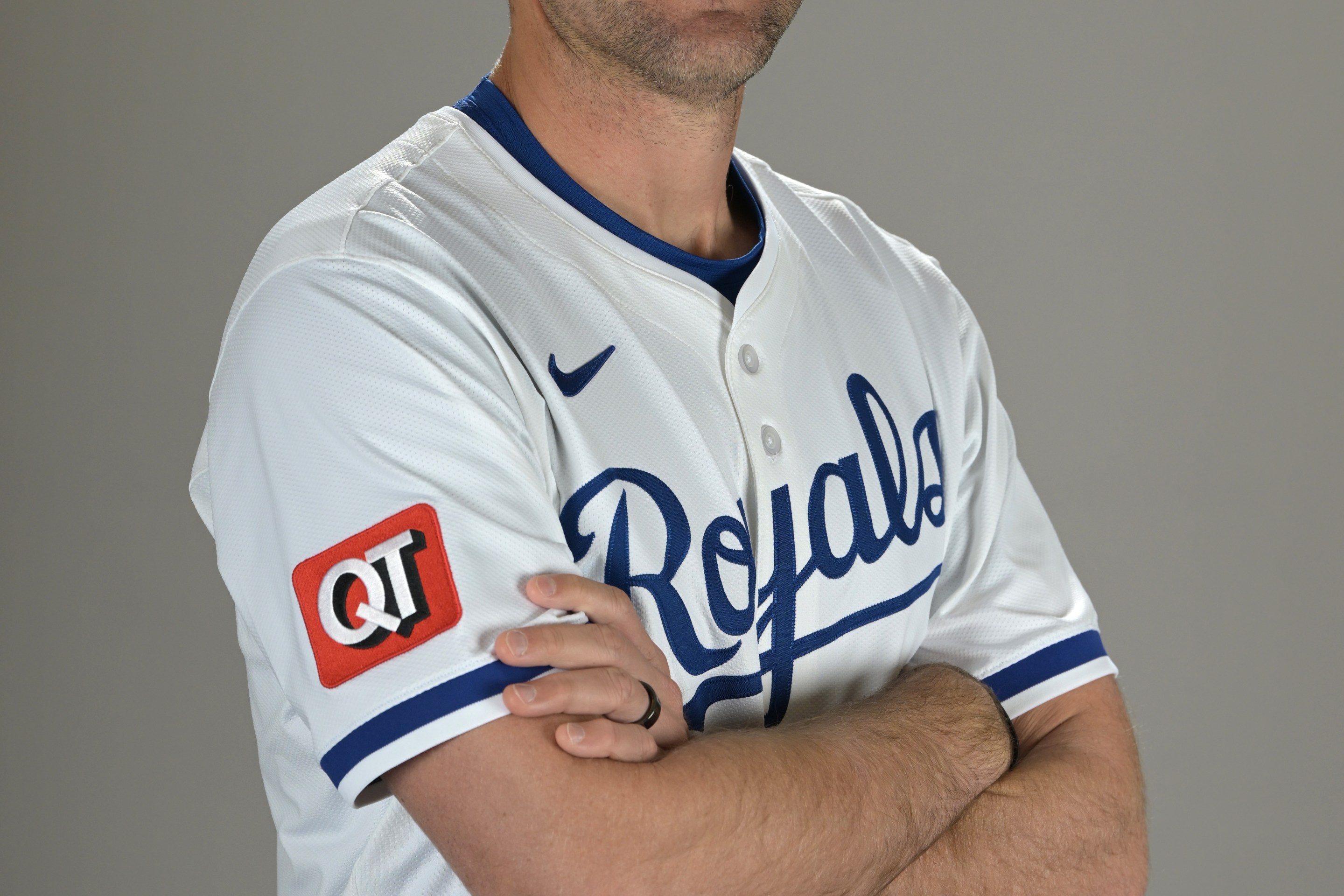The White Sox and Athletics enter the do-or-die Game 3 with neither team revealing its starting pitcher, perhaps because neither team is going to deploy a starting pitcher in the conventional sense, so what's the point?
Rick Renteria said it's an all-hands-on-deck scenario, although some hands can be ruled out. Dallas Keuchel is definitely not relieving a day after an unimpressive Game 2 start, and I'm pretty sure even Renteria can resist using Jimmy Cordero after his heroic scoreless 2⅔ innings, which got the White Sox through the worst/lowest-leverage of it. Dylan Cease threw a scoreless inning when the game was still a contained mess, but I don't think he'd be asked to pitch on consecutive days, especially at a more critical juncture. Lucas Giolito could theoretically throw an inning on his side day, but there's no special need for it given the bullpen's right-handed depth.
Even removing those pitchers from the equation, Renteria escaped the 5-3 loss to Oakland in Game 2 with his critical bullpen arms intact. Bob Melvin can't say the same, not after closer Liam Hendriks faced 10 batters and threw 49 mostly unimpressive pitches. Melvin said he's not ruling out Hendriks ...
“Six outs is a lot, but he’s our best pitcher,” Melvin said of Hendriks. “Three-batter minimum (rule) sometimes comes into play in terms of what you’re thinking. It’s the middle of their order. … Even though he threw, what, 50 pitches today, I guarantee he’s available for at least one inning tomorrow.”
... but I can't say I believe him.
Renteria doesn't have to cross off any key relievers from his list. While the White Sox played pitifully over the final week of the season, he did spare his best arms from any excessive wear and tear, and he's been able to avoid burning them in either of the first two games of this series.
By my count, he has nine hands available on deck -- one for every inning in regulation if he so chooses. If he goes that route, the Reds and Braves urge him to have a plan for the 10th and beyond.
Here's an inventory of the available arms, and some food for thought as you consider how you'd arrange them in the first-ever White Sox postseason series that's gone the distance.
Dane Dunning: He's the only one of the listed starting pitchers who has yet to pitch. Five starts into his MLB career, he looked like the easy call for a Game 3, but subsequent stumbles against Cleveland the Cubs have rattled confidence. In his favor, he's only had one bad first inning out of his seven starts.
Carlos Rodón: He's the most accomplished of the remaining arms in terms of multiple-inning work, but his reintroduction to relief was a disaster, albeit one only partially his fault. He dusted himself off and threw 1⅔ scoreless innings in relief of Reynaldo López in the season finale against the Cubs. He only got one whiff, but he only threw 20 pitches.
Jace Fry: Back spasms interrupted his hot streak, and he hasn't quite rediscovered his form since. He's been scored upon in three straight outings thanks to both a casual relationship with the strike zone, and also a couple of gopher balls. Carlos Santana hit one of them, which is understandable. Billy Hamilton hit the other, which isn't.
Garrett Crochet: After getting his feet wet in a couple of low-leverage outings, the White Sox have increased the intensity in each of his last three outings:
- Sept. 22: First time appearing in a high-leverage situation.
- Sept. 23: First time pitching on consecutive days, also in high leverage.
- Sept. 26: First time pitching multiple innings.
"Pitching in a postseason game" would be the next step up, but the White Sox might try skipping a few rungs and landing a combo, whether it's the additional tasks of setting a tone or high leverage. I think he's up for the task, but I'd be cognizant of the idea that you don't want to make a goat of a guy who is in his first weeks of pro ball.
Matt Foster: He led all White Sox relievers in two-inning outings with five, besting even designated long men like Gio González and Ross Detwiler (designated has multiple meanings in Detwiler's case). Of the traditional relievers, Codi Heuer and Jimmy Cordero were next up with two apiece. Rick Renteria tasked him with the middle innings after shorter starts, which is how he racked up that gaudy 6-1 record, but it's also reflective of the quality of those appearances. He never pitched two innings to wear it -- he always pitched the second inning because the first was the breeze, and the White Sox also benefited from the additional work. He didn't allow a run in any of those five games, yielding just two hits and three walks while striking out 12.
Codi Heuer: He pitched a truly scoreless September, allowing zero runs and stranding all seven runners he inherited. It wasn't for a lack of work. He made 11 appearances and pitched 12⅔ innings, allowing 10 baserunners (five hits, five walks) to 15 strikeouts. When Evan Marshall went on the injured list, Heuer earned Renteria's trust as the main setup guy, with the highest leverage index of any non-Alex Colomé reliever in September. He pitched on Wednesday, but it was only his second appearance over the last six days, and he needed just eight pitches for his 1-2-3 inning. He has pitched on consecutive days three times in his major league career, with no particular issues.
Aaron Bummer: He has been used lightly but regularly since returning from his biceps issue, appearing for full innings on Sept. 24 and Sept. 26, and then throwing two pitches to close out the eighth inning in Game 1. He didn't regain his dominance immediately after his month-and-a-half layoff, but he also hasn't looked easy to hit.
Evan Marshall: He also appeared in Game 1, which was his second back back from a minimal stay on the injured list due to a sore shoulder. He made easy work of his Sept. 26 appearance against the Cubs, but he gave up line drives of 98.8 mph and 103.8 mph, one of which turned into a single, before Bummer entered to get his 102.4-mph groundout. All three of Oakland's swings on him put balls into play.
Alex Colomé: He hears your complaints about his slow pace and tendency to accumulate runners, but he doesn't care. He had himself another effective season, closing out 12 of 13 saves with a 0.81 ERA despite peripherals nobody brags about. His last eight outings have been scoreless, and his last three outings have been clean. He'd been well-rested for each of them, but he enters Game 3 having pitched in Game 1, and having warmed up in Game 2. I imagine Renteria won't be afraid to deploy him in the eighth, although Melvin offers a cautionary tale for going to the closer too soon.
I'm inclined to start Dunning for two, switch to Crochet and see how far he can be (responsibly) ridden, and then see how much Foster is required before the late-inning crew joins the fray, even if a little earlier than usual. I'm open to other ideas.
(Photo by Ron Vesely / Chicago White Sox)
